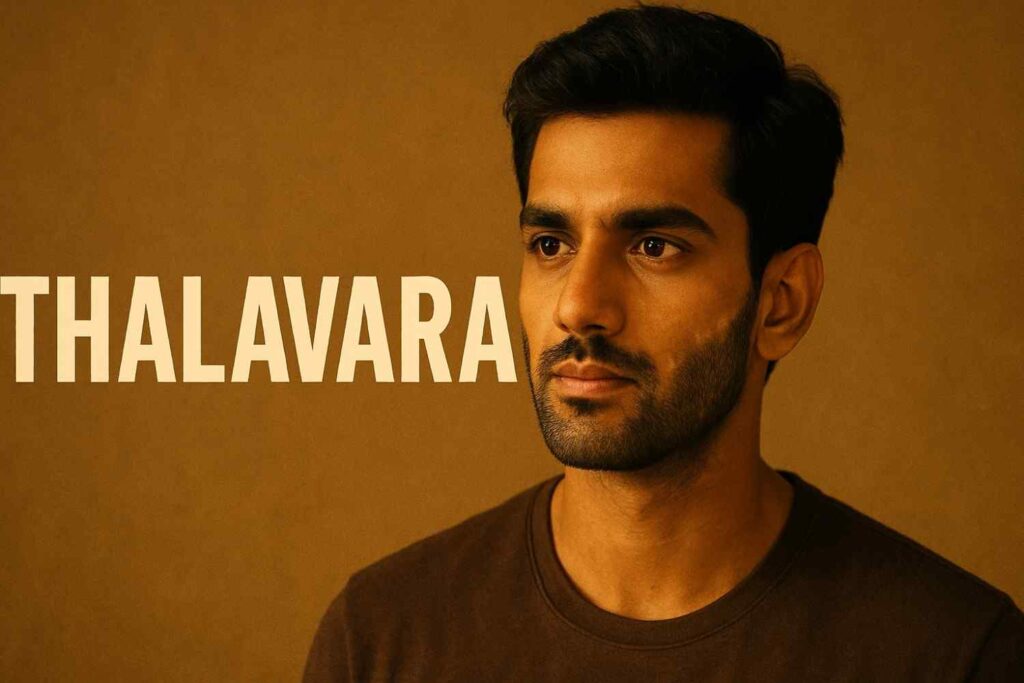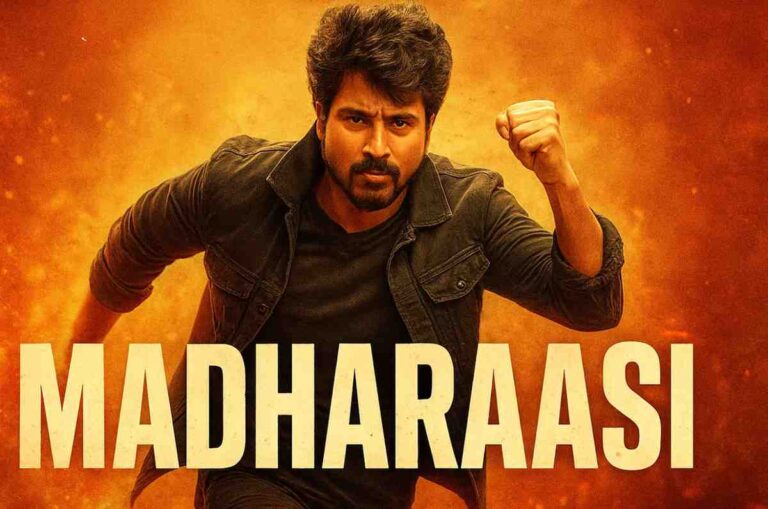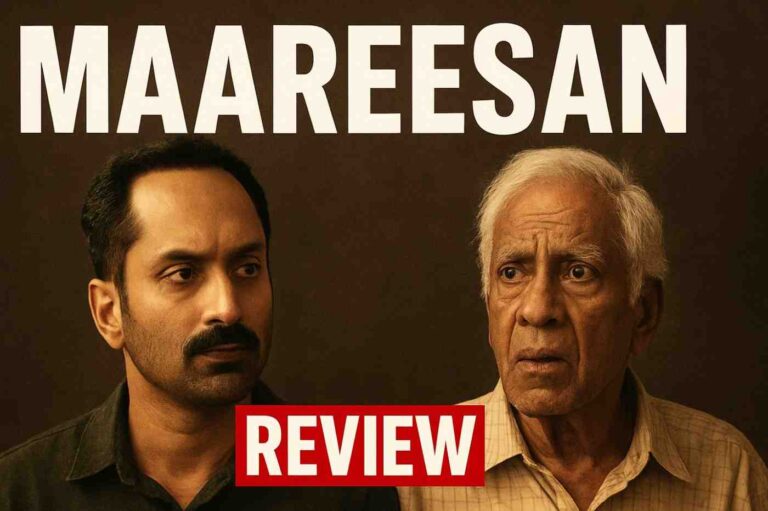Thalavara Review A Moving Tale of Love and Acceptance
Cinema often thrives when it dares to break conventions, and Thalavara is one such film. In this Thalavara’ review, we see how director Akhil Anilkumar brings a story that feels personal yet universal, refreshing yet grounded. Unlike many overblown entertainers, Thalavara is simple, soulful, and deeply moving. This Thalavara’ review explores how the film stands out for its emotional depth, strong performances, and unique storytelling.

The Soul of Thalavara’s Protagonist
At its core, Thalavara tells the story of Jyothish (played brilliantly by Arjun Ashokan), a young man battling self-esteem issues due to his vitiligo. His struggle isn’t just external—it’s a battle within, shaped by the stigma and misconceptions of society. The film does not turn this into mere melodrama; instead, it treats his journey with empathy and sensitivity.
The relationship between Jyothish and the strong, graceful Revathy Sarma (making her debut) feels natural and unforced. Their love blooms when least expected, echoing the film’s belief that acceptance and compassion can heal wounds deeper than any scars on the skin. This is where Thalavara truly shines—it normalizes love without turning it into fantasy.
Moments That Stay With You
Thalavara is filled with tender yet powerful scenes. From Jyothish placing a sticker on a glass door to protect his girlfriend, to the raw humiliation he faces during a film shoot, the movie captures moments that reflect both vulnerability and resilience.
A particularly moving sequence comes when Jyothish crosses paths with a group of youngsters filming a short movie—a chance encounter that alters his destiny. The film cleverly blends cinema-within-cinema moments, using them to mirror the protagonist’s struggles. Each instance feels real, not staged, making the audience resonate with his emotional highs and lows.
Beyond a Conventional Hero’s Journey
This is not your typical hero’s tale. Thalavara does not glorify its protagonist with clichés but instead presents him as flawed, human, and relatable. His growth feels organic, shaped by failures and small victories. The film doesn’t wallow in sorrow for too long; instead, it nudges us toward moving forward, no matter how heavy life feels.
Director Akhil Anilkumar, who previously made Archana 31 Not Out, seems to have matured in his craft. With Thalavara, he creates a film that is richer, more layered, and visually striking. The writing ensures that every character carries weight, making the world of the film believable and engaging.




